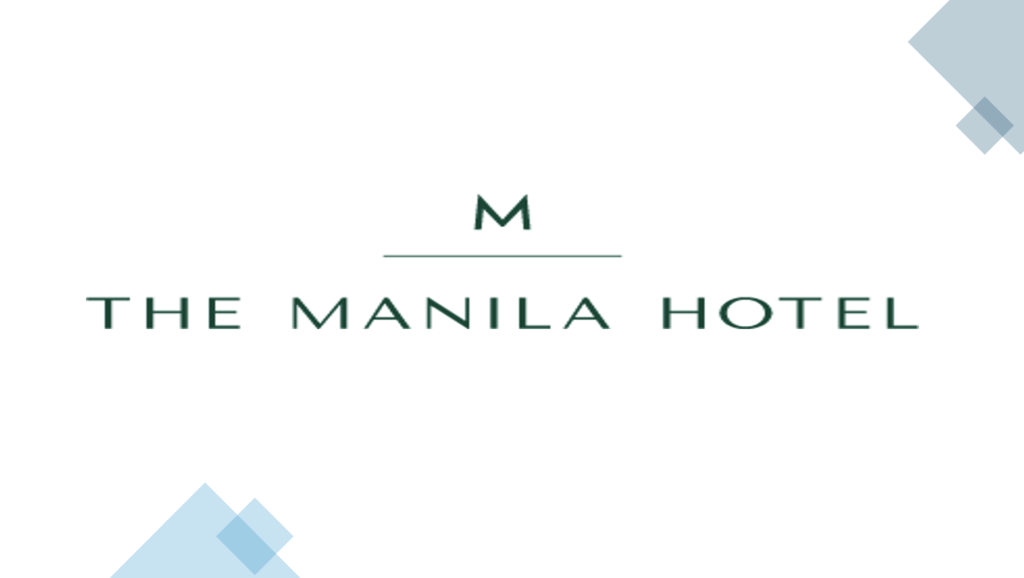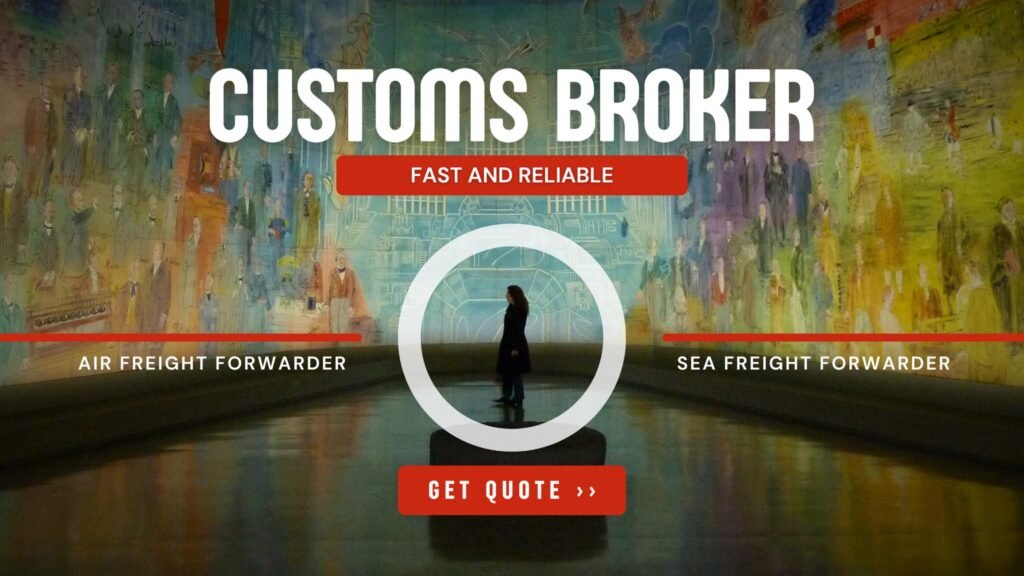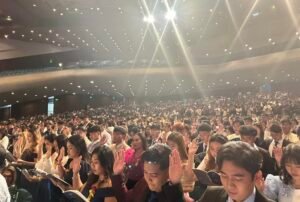In the intricate web of global trade, where every shipment must navigate through a maze of regulations and procedures, the role of customs broker services becomes paramount. Nowhere is this truer than in the Philippines, where a vibrant import and export industry thrives amidst a landscape of diverse goods and evolving regulatory frameworks.
A licensed customs broker plays a crucial role across various sectors including government, academia, traders, and private practice. Within the government, they ensure compliance with trade regulations, promoting fair practices, revenue collection, and national security through effective border control measures.
In academia, they contribute to education and training in customs administration and international trade, preparing students for careers in customs brokerage and trade compliance. For traders, they provide essential guidance on navigating international trade regulations, reducing barriers, and improving supply chain efficiency.
In private practice, they offer tailored consultancy services to businesses, addressing customs compliance needs and providing strategic assistance in areas such as customs clearance and trade compliance, thus promoting compliance, efficiency, and growth in the global marketplace.
Understanding Customs Broker Services
Customs Broker services act as the crucial link between businesses, government agencies, and customs authorities. Their primary objective is to facilitate the seamless movement of goods across international borders while ensuring compliance with local regulations and requirements. In the Philippines, where trade plays a vital role in the economy, customs brokers play a pivotal role in expediting customs clearance processes and minimizing delays for importers and exporters.
Subscribe to the MyCCBI365 newsletter
The Key Offerings of Customs Broker
1. Customs Clearance Assistance: They play a crucial role in guiding businesses through the customs clearance process efficiently. They handle document preparation, submission, and coordination with customs officials to ensure compliance with regulations, thereby facilitating swift clearance.
2. Tariff Classification Services: Accurate tariff classification is paramount for proper duty calculation and adherence to tariff schedules. They specialize in this task, utilizing their expertise to assign Harmonized System (HS) codes to products, ensuring compliance with customs duties and taxes.
3. Trade Compliance Consulting: Customs broker services offer trade compliance consulting to assist businesses in staying abreast of evolving customs regulations and trade policies. This helps mitigate risks and optimize import-export operations while ensuring compliance with local laws.
4. Duty Optimization Strategies: They provide strategic advice to help businesses legally minimize duty payments. They leverage preferential trade agreements, duty drawback schemes, and other mechanisms to optimize supply chains and reduce import costs effectively.
5. Document Preparation and Management: In customs clearance, precise document preparation and management are essential. They undertake the meticulous preparation, verification, and submission of crucial import and export documents like commercial invoices, packing lists, and certificates of origin, guaranteeing accuracy and adherence to regulatory standards.
6. Risk Management and Compliance Audits: Their services provide precise risk management strategies and conduct rigorous compliance audits. Through comprehensive evaluations of import and export procedures, customs brokers assist businesses in implementing efficient compliance measures, mitigating risks, and averting penalties or delays.
Conclusion: In the ever-evolving landscape of global trade, their services are invaluable partners for businesses aiming to maneuver through the intricacies of customs clearance in the Philippines. These services encompass a wide array of offerings such as customs clearance aid. That includes tariff classification, trade compliance consultation, duty optimization, document preparation, and risk management, all vital for ensuring seamless cross-border movement of goods. As businesses increasingly extend their international reach, the expertise and assistance provided services become indispensable. And for attaining efficiency, compliance, and prosperity in the fiercely competitive realm of global trade.
Prof. Rod Villanueva, eMba, Lcb
General FAQs
A customs broker in the Philippines acts as an intermediary between importers/exporters and the Bureau of Customs (BOC). Their primary role is to ensure compliance with customs laws, regulations, and procedures. They handle the necessary paperwork, manage tariff classifications, calculate duties and taxes, and facilitate the smooth importation or exportation of goods. This helps businesses avoid delays, fines, or penalties while ensuring the proper clearance of goods through customs.
Businesses in the Philippines need a customs broker because navigating the complexities of customs regulations can be difficult without expert knowledge. Customs brokers ensure that all shipments comply with the country’s rules and regulations, including classification of goods, valuation, and payment of appropriate duties and taxes. They also help to speed up the clearance process, preventing unnecessary delays and fines that could impact business operations and bottom lines.
When selecting a customs broker in the Philippines, consider the following factors:
- Experience: Look for a broker with a proven track record and extensive knowledge of the industry, including the types of goods you import or export.
- Licensing and Accreditation: Ensure the broker is licensed by the Bureau of Customs and has the proper credentials.
- Specialization: Some brokers specialize in specific industries (e.g., electronics, pharmaceuticals, food products), so find one familiar with your business sector.
- Reputation and Reviews: Check client reviews or ask for referrals to gauge reliability and customer service.
- Technology and Efficiency: Brokers who use modern customs management software can help streamline the process and minimize delays.
The cost of customs broker services in the Philippines can vary depending on several factors, including the type of goods being imported or exported, the complexity of the shipment, and the specific services required. Generally, customs brokers charge fees based on:
- Customs clearance fee: A flat fee for processing the customs paperwork.
- Duties and taxes: These are separate costs paid to the Bureau of Customs, and brokers typically assist in calculating and processing these payments.
- Additional services: If you require extra services, such as warehousing, cargo handling, or consulting, these may incur additional charges. Expect to pay anywhere from PHP 1,000 to PHP 10,000 or more per shipment, depending on the complexity and value of the cargo. It's important to discuss all potential fees with your broker upfront.
Some common challenges faced by customs brokers in the Philippines include:
- Changing Regulations: The Philippine Bureau of Customs regularly updates its regulations and tariffs, making it difficult to stay compliant without constant monitoring.
- Complex Documentation: Ensuring that all required documents are complete and accurate can be time-consuming and prone to errors, potentially causing delays.
- Customs Inspections: Goods are sometimes subject to random inspections, which can result in delays even when everything is in order.
- Non-compliance Risks: If importers fail to adhere to the correct classification, valuation, or duty payments, penalties can be severe.
- Port Congestion: In high-volume ports, delays and congestion can further complicate the logistics process.









